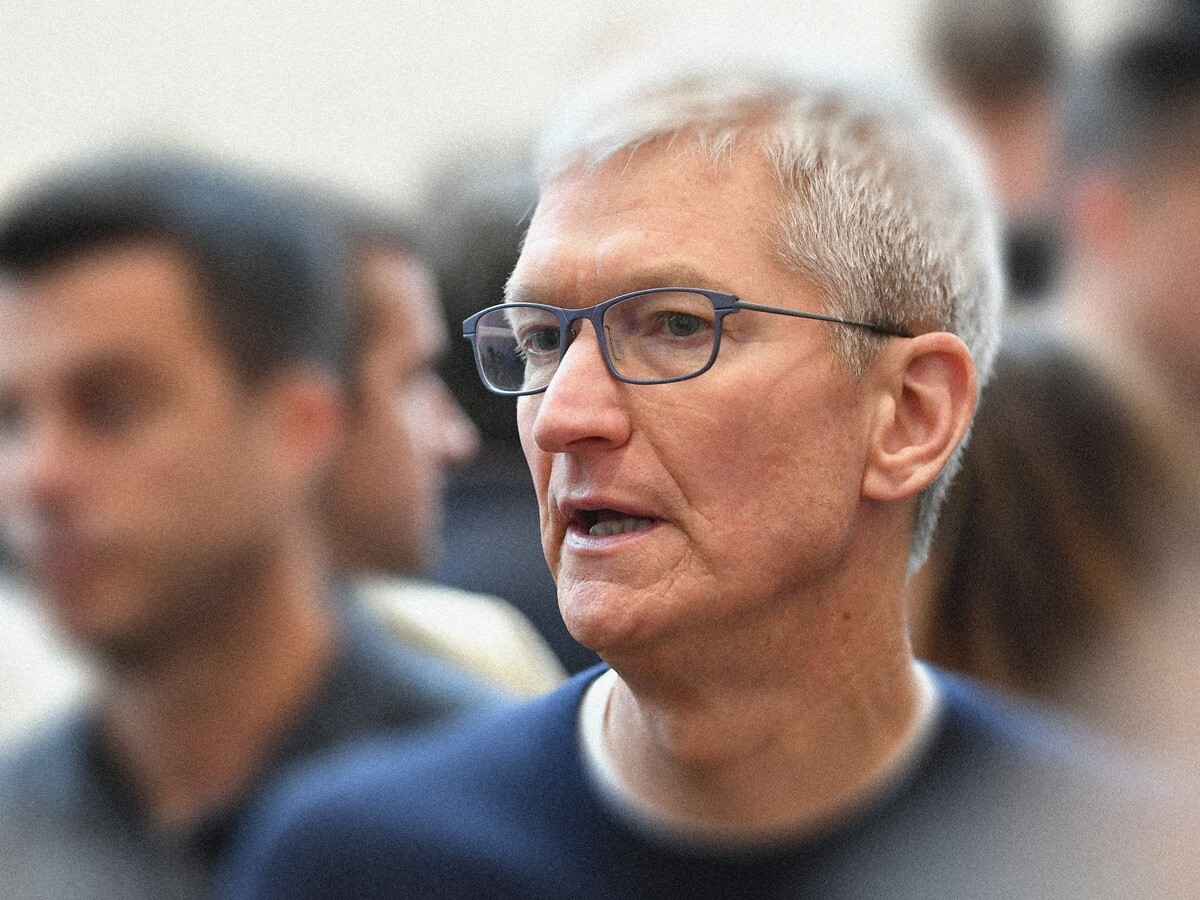The tech giant is breaking into the metaverse with a new product category for the first time in years. Its planned VR-AR headset will bring it into closer competition with heavyweight rivals Meta and Google. Although 2022 was a lower year for VR and AR sales, will Apple’s entry into the market turn the sector’s fortunes around in 2023?
- Global sales of VR and AR devices in 2022 declined more than 12% to 9.6 million, according to data from NPD Group.
- Apple filed trademarks, hinting at the “Reality” brand name for the new headset line.
- Meta and Google are developing their own AR glasses, but they are still early-stage.
Alongside releasing a new generation of enhanced Mac computers with M2 chips in its first product launch of the year on Tuesday, Apple Inc. [AAPL] announced that it has indefinitely put on hold its plans to release a new lightweight augmented-reality (AR) glasses product due to technical challenges.
Instead, the tech giant is planning to reveal its first mixed-reality headset – combining AR and virtual reality (VR) – this year. The plans to branch into a new product category for the first time in years – since the Apple Watch – will be followed up by a cheaper version of the headset as early as 2024 or the beginning of 2025, people familiar with the matter told Bloomberg. The lower-cost version will use chips comparable to the ones in iPhones rather than those in Mac computers. The cheaper model will aim to compete with Meta Platform Inc.’s [META] mixed-reality headset, which is priced at $1,500.
Apple’s new “Reality” headset line
The new headset will include VR displays and pass-through cameras to simulate an AR effect, which would be much less challenging to create than a pair of sleek glasses with powerful AR capabilities. Apple expects the latter to eventually replace the iPhone by integrating the smartphone’s main features into the user’s field of vision, including viewing notifications, navigation and map directions, phone calls, and even taking photos.
Apple has been laying the groundwork for the headsets for a while. In 2022, the company made filings with the US Trademark and Patent Office for the names “Reality Pro” and “Reality One,” suggesting that these could be the names of the planned headsets. A filing for “Reality Processor” could be a reference to the new custom chip. In 2021, Apple also seemingly filed for a trademark for “RealityOS” through a shell entity called Realityos Systems LLC in attempts to safeguard its secrecy, a Bloomberg report found.
2022 was a lower year for the metaverse
Meta is currently leading the market for VR products with its Quest and Oculus headset lines. However, the metaverse ended 2022 on a lower note. Sales of VR headsets in the US dropped 2% year-over-year to $1.1bn as of early December, while global shipments of VR and AR devices in 2022 declined more than 12% to 9.6 million, according to data from NPD Group. For comparison, that amount is how much Facebook’s advertising business generates in revenue approximately every three days.
Internet-connected glasses are making a strong comeback, according to chip maker Qualcomm Inc. [QCOM]’s CEO Cristiano Amon. “You have today an incredible amount of processing power in your phone, but you’re limited by the size of your screen,” he said, forecasting that in the next few years people will be walking around having conversations through their glasses as they do today with their smartphones. “Tomorrow, you’ll just have a holographic image rendered in front of your eyes,” he added.
Both Meta and Alphabet Inc. [GOOG]’s Google plan to develop their own AR glasses. However, these too, are very early-stage. Google released its Google Glass in 2014, but the product failed to gain traction. Amon believes advancements in the metaverse will help the technology take off this time. Meanwhile, Apple is currently focusing most of its AR and VR development resources on the two new headsets rather than the AR glasses. Some Apple insiders are sceptical about whether Apple will ever produce the glasses, but it remains a long-term ambition.
Fund in focus: iShares Robotics and Artificial Intelligence Multisector ETF
The iShares Robotics and Artificial Intelligence Multisector ETF [IRBO] provides exposure to 119 companies developing long-term capabilities in the AI and robotics sector. The fund includes holdings in the major global AR and VR innovators, with weightings in Apple, Meta, and Google. The iShares Exponential Technologies ETF [XT] also includes holdings in Google and Meta.
Disclaimer Past performance is not a reliable indicator of future results.
CMC Markets is an execution-only service provider. The material (whether or not it states any opinions) is for general information purposes only, and does not take into account your personal circumstances or objectives. Nothing in this material is (or should be considered to be) financial, investment or other advice on which reliance should be placed. No opinion given in the material constitutes a recommendation by CMC Markets or the author that any particular investment, security, transaction or investment strategy is suitable for any specific person.
The material has not been prepared in accordance with legal requirements designed to promote the independence of investment research. Although we are not specifically prevented from dealing before providing this material, we do not seek to take advantage of the material prior to its dissemination.
CMC Markets does not endorse or offer opinion on the trading strategies used by the author. Their trading strategies do not guarantee any return and CMC Markets shall not be held responsible for any loss that you may incur, either directly or indirectly, arising from any investment based on any information contained herein.
*Tax treatment depends on individual circumstances and can change or may differ in a jurisdiction other than the UK.
Continue reading for FREE
- Includes free newsletter updates, unsubscribe anytime. Privacy policy





